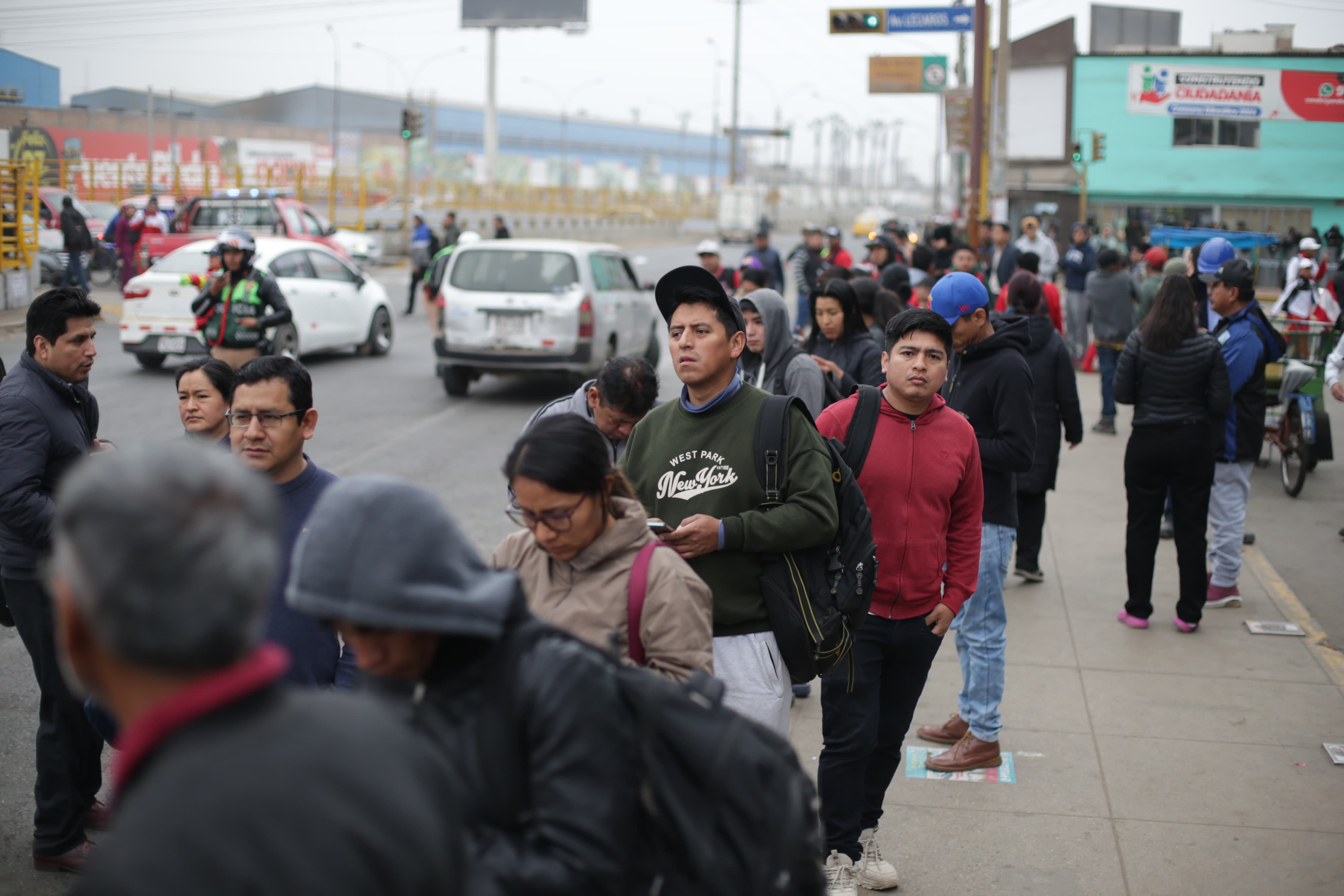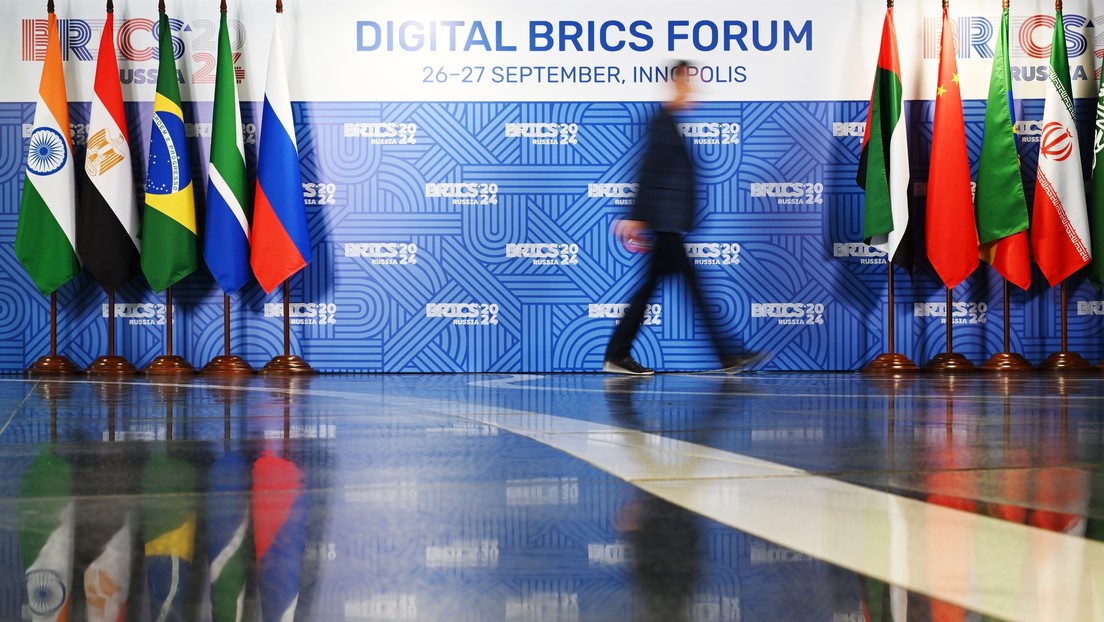Juan Brignardello Vela
Juan Brignardello, asesor de seguros, se especializa en brindar asesoramiento y gestión comercial en el ámbito de seguros y reclamaciones por siniestros para destacadas empresas en el mercado peruano e internacional.




The conflict between Israel and Hezbollah has reached alarming levels, with a recent surge in violence leaving nearly 500 dead and 1,600 injured in Lebanon, including 35 minors. This dramatic escalation has prompted the French government to urgently call for a meeting of the United Nations Security Council (UNSC). Tensions intensified following attacks launched by Palestinian militias from Gaza on October 7, which triggered a series of retaliations that have devastated the civilian population. Jean-Noel Barrot, France's representative to the UN, has urged the involved parties and their allies to de-escalate the conflict, warning of the devastating consequences a regional war could have. "We call for the avoidance of a regional conflagration that would be devastating for all, primarily for the civilian population," Barrot stated. This declaration reflects the growing concern of the international community over a conflict that, if not controlled, could extend beyond the borders of Lebanon and Israel. Barrot's remarks come during the 79th session of the UN General Assembly, where he also highlighted the role of "blue helmets" in Lebanon, paying tribute to those working for peace. In a critical moment for the region, the French diplomat focused on the urgent need to cease attacks. "These attacks, carried out on both sides of the Blue Line and in the region in general, must stop immediately," he emphasized, stressing the need to protect civilians and halt the spiral of violence. The impact of the attacks has been deeply felt in the Lebanese healthcare system. Health Minister Firas Abiad has warned hospitals to prioritize care for those injured in the recent bombings, sidelining non-urgent cases. This measure reflects the severity of the situation, which has led authorities to close all educational centers in the country, affecting nearly half a million people. The decision to close schools underscores concerns for student safety and the need to ensure a secure environment amid rising violence. Politically, Lebanon's interim Prime Minister, Nayib Mikati, has denounced what he considers a "destruction plan" by Israel, claiming that recent attacks are part of an extermination war against the Lebanese people. Mikati's statements highlight the tension and distrust that persists in the region, where each bombing fuels the cycle of retaliation and hostility. The Israeli Armed Forces have conducted an operation called "Northern Arrows," confirming attacks on over 1,300 Hezbollah targets in southern Lebanon. According to Israeli military spokesman Daniel Hagari, the goal of these attacks is to dismantle weaponry stored in residential areas, which includes cruise missiles and heavy rockets. The nature of these attacks has sparked a debate over the ethics of conducting military operations in densely populated areas, where civilians become caught in the crossfire. Israel has defended its strategy, claiming that many of those killed in the recent bombings are terrorists who were near the weapons. The rhetoric from Israeli authorities, which includes the release of images of Hezbollah missiles hidden in homes, aims to justify their actions and highlight the threat that, according to them, the militant group represents. However, these claims also raise a debate about the responsibility to protect civilians and the implications of bombing residential areas. As the international community watches with growing concern, leaders from various nations have begun calling for a ceasefire and a return to diplomacy. France's appeal to the UN Security Council may be a first step toward a more coordinated approach to addressing the crisis, but uncertainty remains about whether there is sufficient political will to achieve a peaceful resolution. In this context of violence and despair, the Lebanese people face a humanitarian crisis that threatens to deepen. The lack of adequate medical care, school closures, and widespread fear of violence have left many in a state of extreme vulnerability. The international community, particularly humanitarian organizations, faces the challenge of providing assistance in an environment marked by conflict. The current situation between Israel and Hezbollah raises questions about the future of peace in the region. The actions of both sides, fueled by a cycle of violence and retaliation, could have repercussions not only for Lebanon and Israel but also for stability in the Middle East as a whole. With global attention focused on this crisis, the need for constructive dialogue and sustainable solutions is more urgent than ever.
Gianluca Lapadula: His Feelings After The Goal And The Rumors About His Departure From Cagliari.

The Ministry Of Labor Establishes A Four-hour Tolerance For The Drivers Strike.

"Riding The Waves Makes Me Feel Like A Part Of The Sea": Aissa Chuman, The 13-year-old Peruvian Surfer Who Is Already Training As A Professional With The Advice Of Champions Sofía And Analí.

:quality(85)/cloudfront-us-east-1.images.arcpublishing.com/infobae/X5DJ6G6ICRA7XMMOUWYOZR6QW4.jpg)



:quality(85)/cloudfront-us-east-1.images.arcpublishing.com/infobae/J4AUOJ3DARGTDIQVUNQ373YVKI.jpg)

:quality(85)/cloudfront-us-east-1.images.arcpublishing.com/infobae/7LOV7VN7OBB5XJ765PCWOJVPDE.jpg)